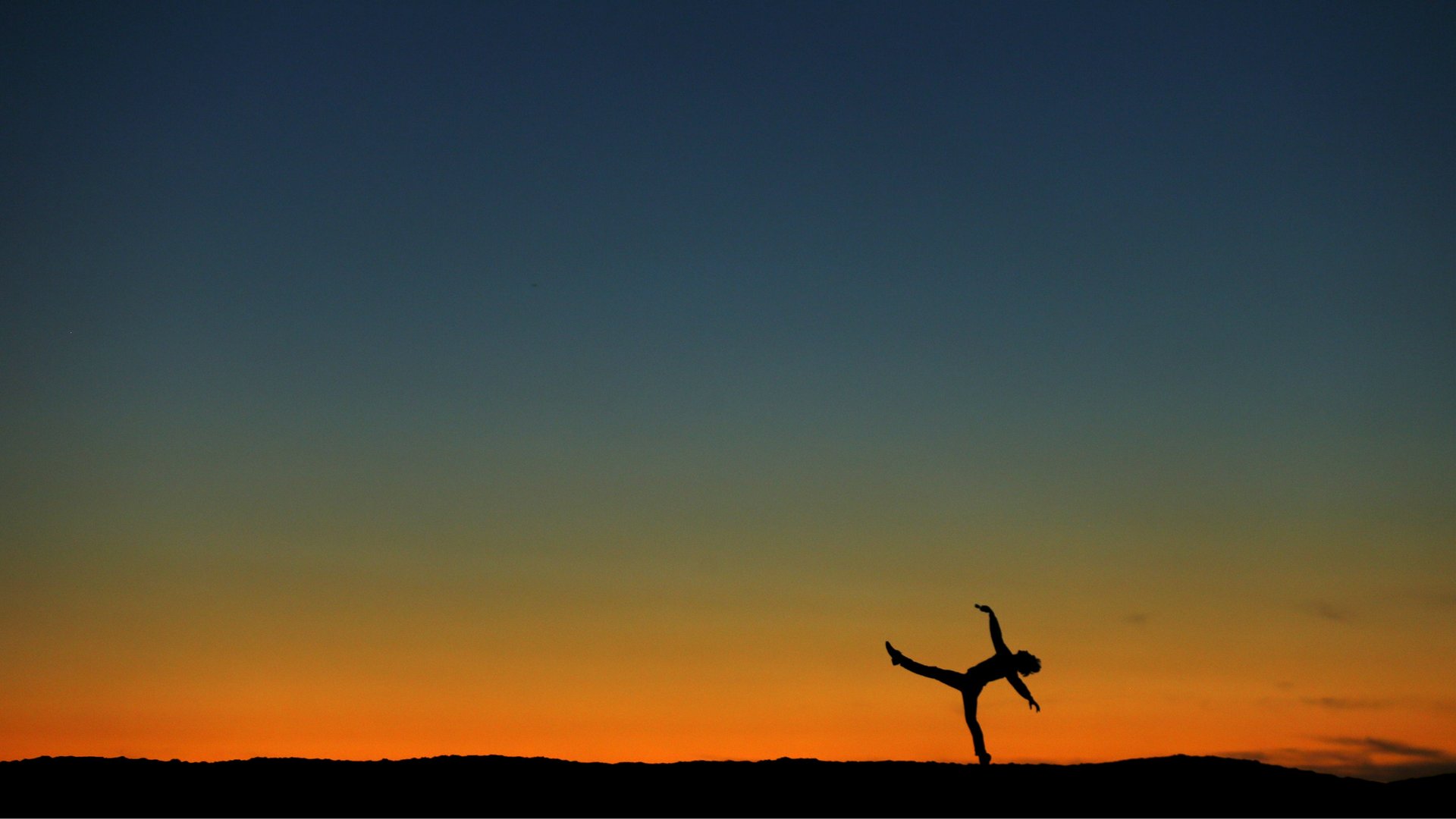Life’s eternal questions, answered for schoolchildren without deferring to God
Kids love to ask big questions. How did the world start? Who or what is God? What does it mean to be “good”? What is religion, and why are so many people fighting wars in the name of it?


Kids love to ask big questions. How did the world start? Who or what is God? What does it mean to be “good”? What is religion, and why are so many people fighting wars in the name of it?
Often, the answers they’re given come in black-and-white religious terms: This is our God, this is our church/mosque/temple, and these are our rules.
But for an increasing number of people, meaning and morality do not derive from religion. In 2014, 48.5% of people in Britain said they ascribed to “no religion,” compared to 43.8% who defined themselves as Christian (Anglicans, Catholics and other denominations), according to the NatCen British Social Attitude survey. In the US, renowned for it’s God-fearing ways, only about half of adults under 30 are certain in their belief in God or a universal spirit, according to the Pew Research Center.
That’s why the British Humanist Association (BHA) is leading an effort to offer children a new set of questions and answers—that don’t rely on religion to provide eternal truths. “The most important questions are not ‘how did we get here?’ or ‘does God exist?'”says Annemarie Young, co-author of What is Humanism?, a short, nonfiction text written for 8- to 12-year-olds that the group is helping deliver to British schoolchildren. “I am much more interested in how we, humanity, can increase the amount of good and minimize the harm we do, to each other and to the planet,” she said.
The book, written by Young and Michael Rosen (a writer, broadcaster and professor of children’s literature at Goldsmiths, University of London), defines humanism as a belief system of non-religious people who look to reason and science to understand the world, and who rely on empathy to make moral choices.
After the original book was published in 2015, the BHA crowd-funded a campaign to print a special edition so that every British school could have one: the group raised £50,000 and printed 25,000 copies. Already 4,000 schools have requested it.
Religious Education (RE) is a required part of the English National Curriculum (pdf), and teaches students about the world’s largest religions, but the ideas of humanism, secularism, and atheism are “largely ignored,” Young and Rosen argue in a statement.
The book features short question-and-answer sections by British artists—including the writer, actor, and comedian Stephen Fry and author Philip Pullman—speaking about their own personal version of humanism.
Here is how they answer some of life’s more vexing questions:
What’s a humanist?
“A humanist is someone who will never tell you what to believe,” Fry writes. “We will never tell you what is absolutely true.” A humanist must accept this lack of certainty, Fry explains: ”Anybody who tells you they know for sure what happens to us after we die is surely either a liar or a fool? For no one of us has ever returned from death (except in story books) to tell us.”
Where do you start?
“I start from the idea that everything we human beings do and think comes from us, there isn’t anything apart from human beings, no god or gods to organize things for us,” Rosen writes. “So all of those questions about right and wrong and the rest are all things I have to figure out through listening, reading and talking with other people.”
What does it mean to be “good”?
Humanism, like most religions, includes some version of the “Golden Rule”: Treat others as you would like to be treated yourself, says Tim Minchin, a comedian, actor, and musician. He goes on to cite examples of this rule from all the world’s major religions, including Buddhism, Hinduism, Judiasm, Christianity, and Islam.
How do we answer big questions, without religion?
“With these brains, we have the ability to question,” writes Robin Ince, the comedian, actor, and writer. “If we fail to do that, if we look for a high priest or elder to do our thinking for us, to instruct us or to manipulate us, then we are failing to live up to our potential.”
What is the biggest mystery of the universe?
“The biggest mystery, it seems to me, is consciousness,” writes Philip Pullman. “If we’re made of matter, as we seem to be, and if we’re conscious, as we are, then clearly matter is capable of being conscious. Given that, it seems silly to say that only human beings can be conscious.”
Why should schools teach humanism?
“Humanism to me is about believing in humankind’s ability to be good, compassionate and kind,” writes Jim Al-Khalili, president of the BHA and a professor of theoretical physics at the University of Surrey. “Not because they are told to by a holy book or because they are afraid they will be punished in hell, but simply because they want to.”
What’s an atheist?
“An atheist believes that a hospital should be built instead of a church…that deed must be done instead of prayer said. An atheist strives for involvement in life and not escape from death. A atheist wants disease conquered, poverty vanquished, war eliminated,” said the writer and activist Madalyn Murray O’Hair.
And here is how humanists would answer some of those pesky questions kids ask:
How did the world start?
Scientists believe the Big Bang is the starting point of the universe, but science is always evolving. There aren’t any absolute answers.
Who or what is God?
Some believe in a supreme being, and others don’t. You have to figure out your own belief system.
What is religion, and why are so many people fighting wars in the name of it?
Absolute truth is dangerous and some people will go to extreme measures to defend their version of truth.